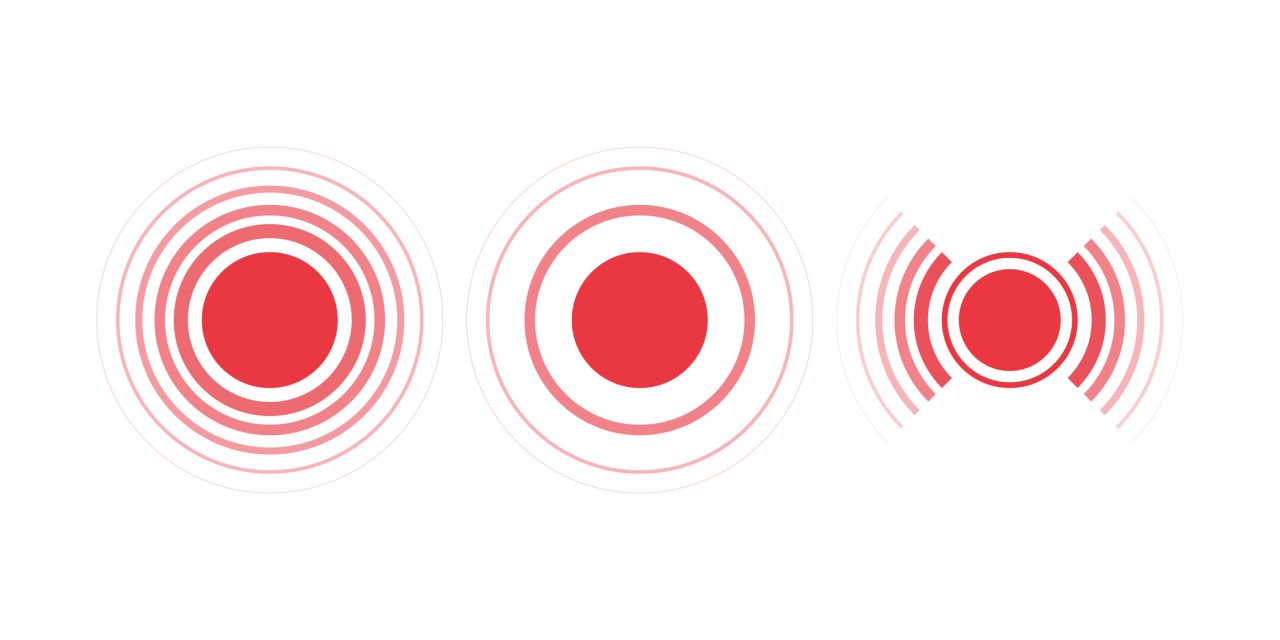The mathematics and reading achievement of 322 adolescents (159 boys) was assessed in seventh and eighth grades, as were their intelligence, working memory, and spatial abilities. Their seventh- and eighth-grade mathematics and English language arts teachers reported on their in-class attentive behavior. The latter emerged as an important predictor of achievement, but more so for mathematics than for reading. Boy were less attentive in classroom settings than girls (d = -.34) and performed better than expected in mathematics given their level of engagement in the classroom. Boys’ better-than-expected mathematics achievement was related to advantages on visuospatial measures (ds = .28-.56), which fully mediated a sex difference in mathematics (ds = .27-.28) but not in reading achievement, with control of in-class attentive behavior. The results suggest that boys’ advantages in visuospatial skills compensate for lower levels of classroom engagement in the learning of mathematics but not in reading competencies.Copyright © 2021 Elsevier Inc. All rights reserved.
Boys’ visuospatial abilities compensate for their relatively poor in-class attentive behavior in learning mathematics.


